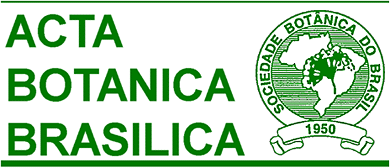Rio de Janeiro Municipality has 210 licensed street fairs of which 33 are located in the northern and southern zones. This study aims to identify the medicinal and ritual plants sold at the street fairs in Rio de Janeiro, verify therapeutic use, dosage and origin, and show the importance of the herb sellers´s empirical knowledge and life histories. In 60 private interviews with 54 herb sellers, 106 species (92 genera; 49 families) were recorded: 61 for medicinal purposes, 19 for religious application and 19 for medicinal-religious purposes. Some species had multiple uses: two for religious-dietary purposes and four for medicinal-dietary use. The most representative families are Asteraceae (18 species) and Lamiaceae (11 species). As regards origin, 14 % of the herb sellers reported that the species sold were home-grown, 20% extracted them from the forest and 66% purchased them from the large municipal open markets. This data will improve our knowledge of the medicinal and ritualistic species sold in street markets of Rio de Janeiro.
ethnobotany; street markets; medicinal plants; ritual plants





